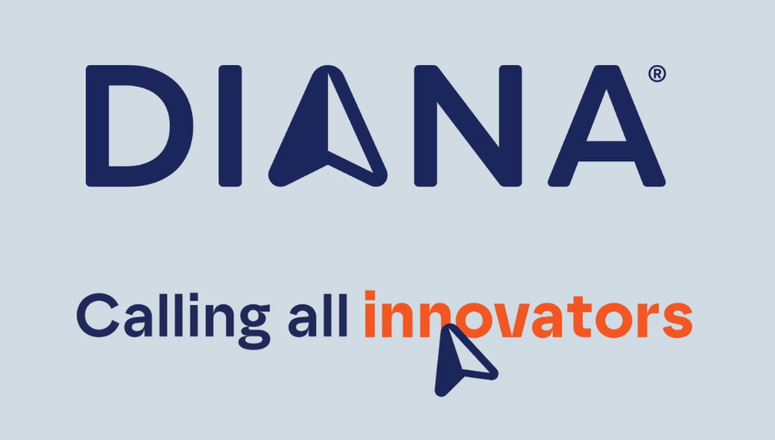DIANA, NATO’s Defence Innovation Accelerator, launches new challenges
On Monday (1 July 2024), NATO’s Defence Innovation Accelerator for the North Atlantic (DIANA) launched its second set of defence and security challenges in need for innovative deep tech solutions.

Five new challenges have been identified in the areas of: Energy & Power; Data & Information Security; Sensing & Surveillance – which build on the first three pilot challenges -; as well as Human Health & Performance and Critical Infrastructure & Logistics.
For all these challenges, innovators are encouraged to consider how their solutions can enhance resilience; develop the potential of space for discovery and innovation; and support environmentally friendly technologies and practices.
DIANA provides dual-use innovators with funding, accelerator programming, mentorship, testing facilities and access to investors and end-users.
In 2023, 44 companies from 19 countries were selected to join DIANA and work on the first three pilot challenges in the areas of Energy Resilience; Sensing & surveillance; and Secure Information Sharing. Selected technologies ranged from innovative fuel cells, micro wind and hydro-turbines, to secure optical communications and drone identification technology. The startups completed the six-month accelerator’s programme on 25 June and are now preparing to compete for Phase II of DIANA’s programme, which will select most viable, promising and advanced technologies for further adaptation to defence and security needs.
Applications for the five new challenges will close at 1200 UTC on Friday 9 August 2024, giving applicants approximately six weeks to prepare and submit their applications. Proposals will be assessed against criteria such as alignment to the challenge, novelty, feasibility, dual-use potential, and commercial viability. Further information is available on LinkedIn and on the DIANA website: diana.nato.int.
